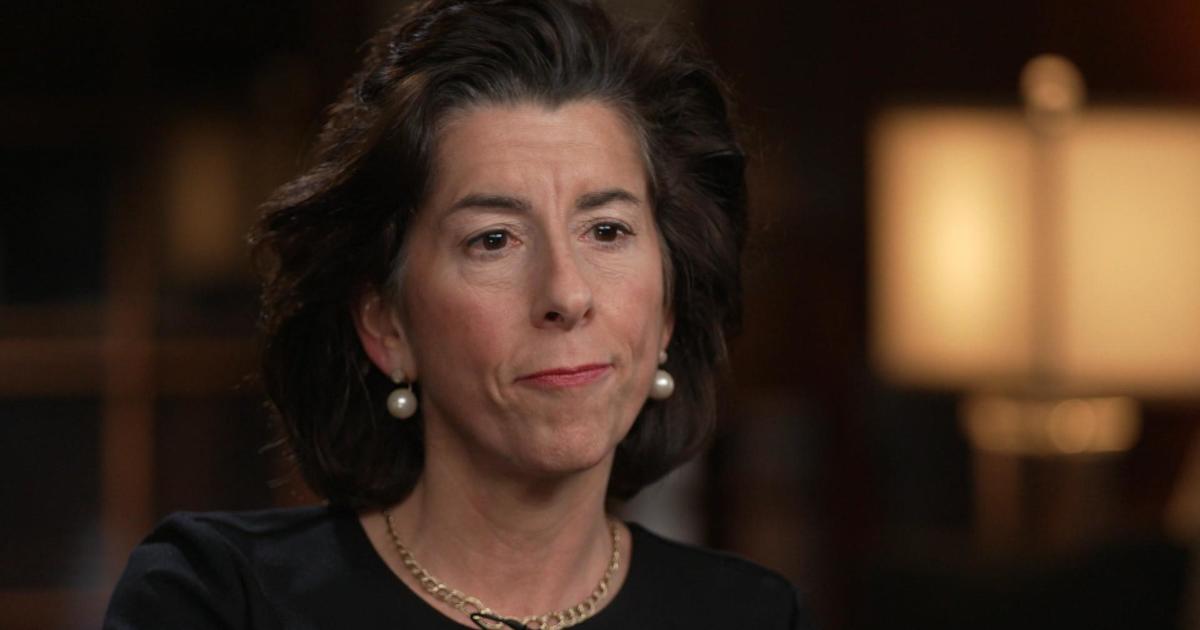New documents reveal more overcollection by NSA phone data program
The National Security Agency's beleaguered phone data collection program suffered from a previously undisclosed glitch that caused it to over-collect records in October 2018, months after the agency said publicly it was purging hundreds of millions of records improperly provided by telephone companies.
It is the latest snag for a controversial program that current and former U.S. officials have indicated is already, and perhaps justifiably, moribund.
In late June 2018, the NSA said it was expunging almost 700 million call detail records, acquired since 2015, because of "technical irregularities" that caused the agency to receive data it was not authorized to collect. Those records included information about telephone numbers involved in a call or text, including their date and time, but none of their content.
At the time of that disclosure, NSA indicated it had addressed the "root cause" of the problem – but new documents obtained by the American Civil Liberties Union indicate a similar problem occurred again just months later.
The internal memos, procured by the ACLU via a Freedom of Information Act lawsuit, show that technical analysts at the NSA "observed an anomaly" in early October 2018 that again resulted in the erroneous production of unauthorized records. The memos did not indicate how many records the agency improperly received but said their effect on privacy was likely "limited" given their quick identification.
"These documents further confirm that this surveillance program is beyond redemption and a privacy and civil liberties disaster," said Patrick Toomey, a staff attorney with the ACLU's National Security Project. "The NSA's collection of Americans' call records is too sweeping, the compliance problems too many, and evidence of the program's value all but nonexistent."
"There is no justification for leaving this surveillance power in the NSA's hands," Toomey said.
The NSA declined to offer additional details about the October anomaly and why, unlike the agency's announcement regarding over-collection in June, no public disclosure was made.
"The technical irregularities that led NSA to delete data last summer were identified and addressed," an NSA spokesperson said in a statement. "Since that time, NSA identified additional data integrity and compliance concerns caused by the unique complexities of using company-generated business records for intelligence purposes."
Those concerns were addressed and subsequently reported to relevant oversight bodies, the NSA said.
Senator Ron Wyden, Democrat of Oregon, who in March introduced legislation to end the agency's data collection program, again called for it to be "permanently scrapped" and criticized the lack of clarity surrounding its fate.
"It has been a year since the NSA acknowledged that it had collected records it was not authorized to receive and had begun deleting years of records. It has been seven weeks since six members of the Senate Intelligence Committee asked the NSA Director for a public update," Wyden said in a statement. "But there has been only silence. Congress cannot debate the reauthorization of these sweeping authorities without a bare minimum of transparency."
The relevant authorizing provision of the USA Freedom Act, passed by Congress to curtail parts of a more expansive version of the NSA's phone data collection program in the aftermath of its disclosure by former contractor Edward Snowden, expires in December. The White House has not yet indicated whether it will ask Congress to reauthorize the measure.
General Paul Nakasone, the NSA Director and Commander of U.S. Central Command, said in March that the agency was in a "deliberative process" about the program's future. Two sources have since told CBS News said that the NSA, and Nakasone, favor terminating it.
Retired Army Gen. Keith Alexander, who led the NSA from 2005 to 2014 and was a defender of the collection program in previous years, has also recently said the program may no longer be "useful."
"[I]f they decide they ought to do away with it, I'd support it," Alexander said in an interview earlier this month.



